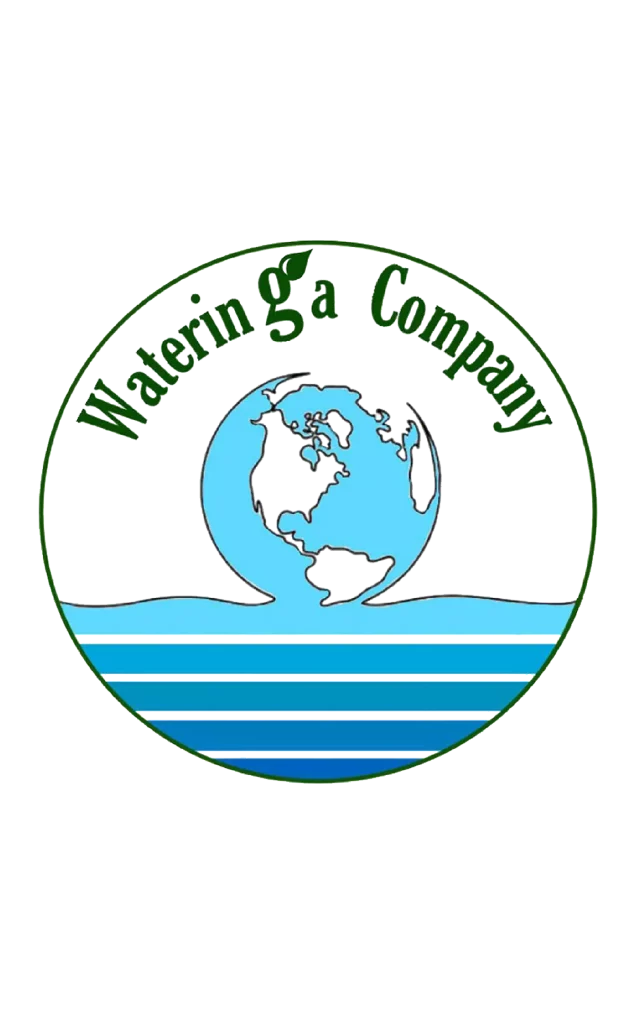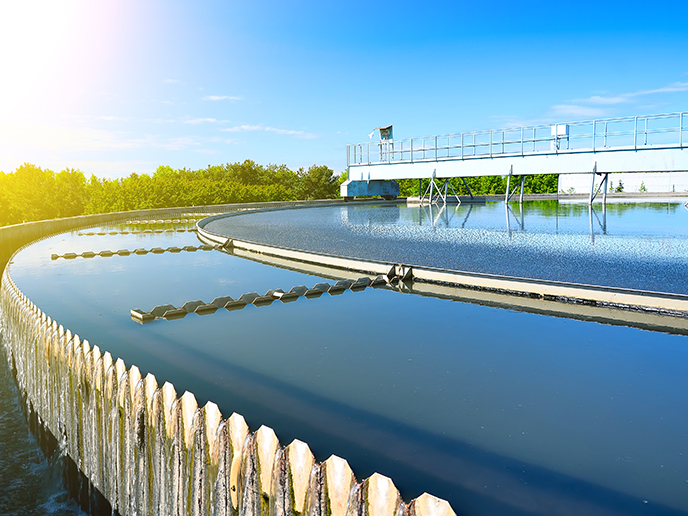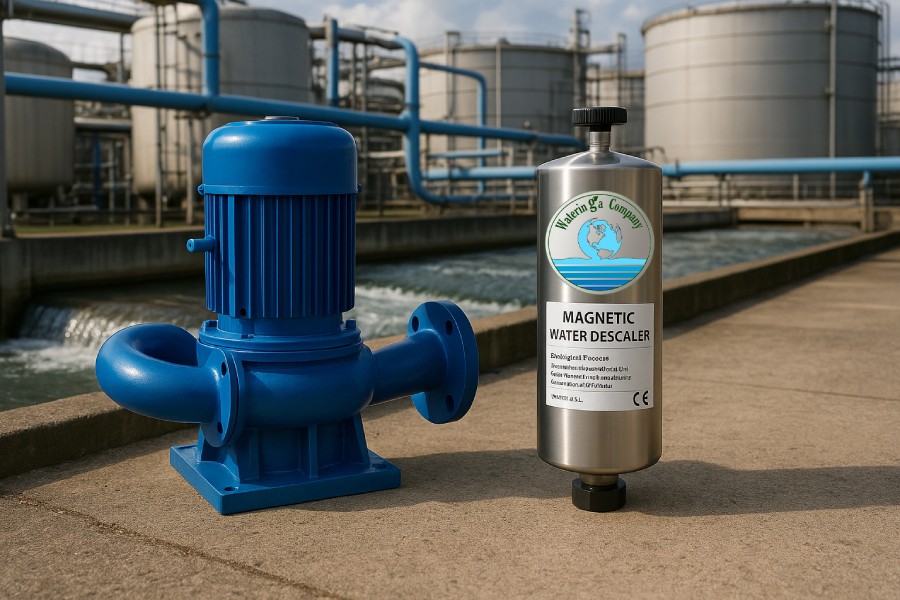Water management is a relevant discussion as climate change escalates and the water supply of the world decreases. Agriculture, landscaping, and urban planning all require innovation to utilize water effectively and responsibly. Advances in irrigation systems, smart monitoring systems, and substitute watering methods are transforming the manner in which we interact with this valuable resource. This blog addresses the new watering technologies that not only conserve water but also ensure utmost efficiency and productivity. There is growing trust in such technologies, thus marking them as the future of water conservation.
1. Smart Irrigation Systems: The Future of Water Management
Traditional irrigation systems tend to cause massive wastage of water through inefficient delivery and evaporation. Smart irrigation systems solve this issue by using sensors, weather data, and automation to control watering schedules for optimal efficiency. Smart irrigation systems can be programmed to adjust according to real-time weather conditions so that plants receive the right amount of water at the right time. Studies have shown that smart irrigation has the potential to reduce water consumption by up to 50%, and thus is an invaluable tool for farmers, landscapers, and home consumers. With AI and cloud-based analytics used in the systems, they can constantly optimize their performance, providing growers and gardeners reliable, fact-based insights.
2. Drip Irrigation: Efficient Water Delivery at the Root Zone
Drip irrigation is a controlled watering method that delivers water to the plant roots directly in a series of tubes and emitters. Drip irrigation diminishes evaporation and runoff of water by an enormous amount, yet offers consistency in moisture delivery to the plant. Unlike regular flood irrigation that wastes up to 60% of water applied, drip irrigation can lower the use of water by up to 70%. It also inhibits the growth of weeds and soil erosion; hence it is a sustainable farmer’s option. Higher yields and better utilization of resources have been reported by most farmers, which is proof that proper watering leads to healthier crops and saving on costs.
3. AI and IoT in Water Conservation
The integration of artificial intelligence (AI) and the Internet of Things (IoT) has revolutionized water management. Smart irrigation controllers use IoT sensors to provide real-time soil moisture, humidity, and weather readings. AI algorithms analyze this data to predict water needs and automatically adjust irrigation schedules for maximum efficiency. This technology is especially useful in large agricultural operations, where it is not feasible to monitor manually. By reduced overwatering and improved distribution, AI irrigation systems not only conserve water but also boost crop productivity. These developments encapsulate the true measure of how technology is applied to achieve more effective and intelligent watering regimes.
4. Rainwater Harvesting: A Natural Solution
Rainwater harvesting is an ancient tradition that is picking up new popularity as a green source of water compared to municipal supplies. Harvesting and storing rainwater for use later on can help households and communities reduce their dependence on groundwater and city water supplies. The water can be used for irrigation, reducing overall water consumption and the load on natural reservoirs. Contemporary filtration technology allows for the safe use of rainwater in agriculture and domestic uses. Large-scale application of rainwater harvesting projects within urban areas could potentially enhance water security and climate change resilience tremendously.
5. Hydroponic and Aeroponic Watering Systems
Hydroponic and aeroponic systems are the way of the future in water-efficient farming. Unlike traditional farming, which is primarily soil-based irrigation, these systems deliver nutrients directly to plant roots in a controlled environment. Hydroponics plants crops in water that has nutrients, while aeroponics suspends plants in the air and sprays their roots with a nutrient solution. These systems consume 90% less water than conventional agriculture and support faster growth and greater yields. Indoor gardeners and urban growers are using these systems more and more as a sustainable method for food production in water-scarce regions.
Conclusion
Innovation is the backbone of modern water management, transforming how we irrigate gardens, crops, and urban landscapes. By integrating smart irrigation, AI-driven monitoring, rainwater collection, and alternative cultivation methods, we can more sustainably use our future water. Increasing faith in these technologies comes as they ongoingly prove to be reliable and effective. With dwindling water supplies, embracing these innovations will become essential to agricultural and residential industries.




